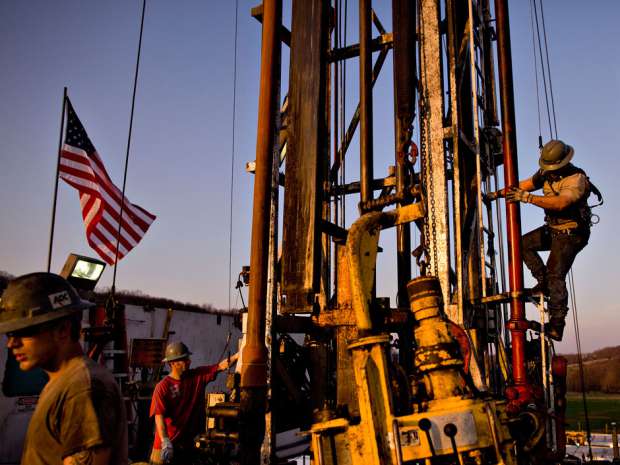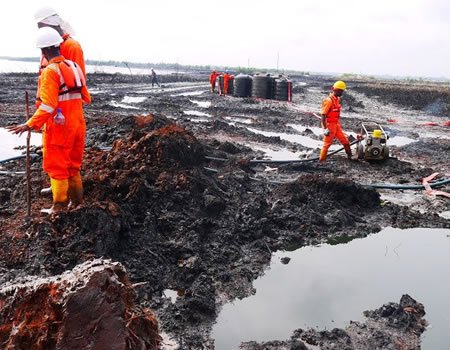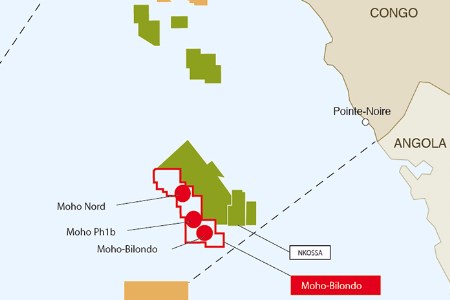
Houston — Oil pipelines from the top U.S. shale field to Houston that have run half empty are filling again as rising output has absorbed most of the space on lines to the main south Texas export hub in Corpus Christi.
U.S. crude exports climbed to a record of about 4.5 million barrels per day (bpd) in March, spurred by recovering Chinese demand and competitive pricing for U.S. oil. Sanctions on Russian crude purchases by the European Union and Britain also have boosted demand.
Pipelines that move oil from the Permian basin in West Texas to Corpus Christi are more than 90% full as buyers snap up the light, sweet oil, encouraging shippers to seek alternate routes, analysts said.
Houston, previously the top U.S. export hub before an expansion in capacity made Corpus Christi the main export hub, has ample room. Its pipeline utilization averaged 57% in 2022, up from 49% the year before, according to researcher East Daley Capital.
That paves the way for new production from the Permian basin to flow to Houston.
“We don’t expect to see those barrels show up at Corpus Christi,” said AJ O’Donnell, a director at energy pipeline researcher East Daley Capital.
EXPORT TERMINALS
Crude export volumes from Corpus Christi accounted for about 60% of all U.S. oil exports in 2022, from 28% four years earlier, according to RBN Energy’s weekly Crude Voyager report. Houston’s share fell to 22% from 33% during the same period.
“Houston becomes the next logical market for those barrels,” said Aaron Milford, CEO of Magellan Midstream Partners, which operates a pipeline from West Texas to Houston.
Permian production this month is projected to hit a record 5.7 million bpd, topping Canada’s average daily crude output last year, according to the U.S. Energy Information Administration. Overall U.S. oil output is projected to touch an all-time high of 12.53 million bpd this year on rising demand and prices.
Plans to widen the Houston ship channel to reduce congestion and a 250,000 bpd expansion of capacity at Exxon’s Beaumont refinery, will help boost flows to Houston, analysts said.
Proposed oil export terminals around Houston will add to future flows, they added.
Of the four proposed crude oil export terminals planned for the U.S. Gulf Coast this decade, two are off Freeport, about 60 miles (96.56 km) south of Houston, and a third east of Houston.
DIFFERENTIALS TO WIDEN
During this year and next, “we expect Permian-to-Houston pipeline utilization to post relatively strong growth, partially closing the recent utilization gap between Houston and Corpus Christi-bound corridors,” said John Trischan, a research manager at consultancy Wood Mackenzie.
The increased flows to Houston will widen the difference in price for light, sweet West Texas Intermediate crude (WTI) at the delivery point in East Houston compared with price at Midland in the Permian as shippers are willing to pay more to get barrels out of the basin and to the coast for export, analysts said.
WTI at East Houston, also known as MEH, is expected to trade about $1 per barrel higher than WTI at Midland by year end, East Daley’s O’Donnell estimated. The spread was 35 cents on Thursday.
Oil pipeline companies are proposing to expand capacity to Corpus Christi. Enbridge is considering a 200,000 bpd expansion to its 900,000 bpd Gray Oak pipeline and later add an extension to Houston.
Reporting by Arathy Somasekhar in Houston; Editing by Marguerita Choy – Reuters
Follow us on twitter



